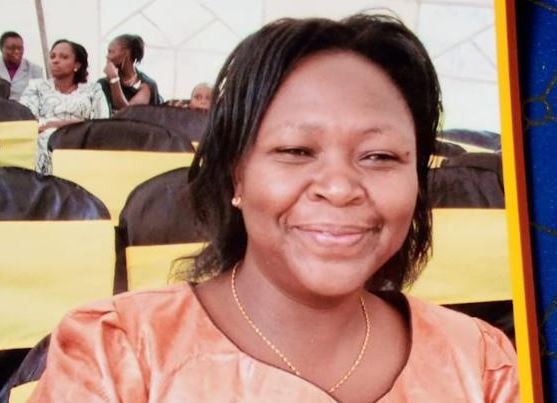×
The Standard e-Paper
Fearless, Trusted News

In the wake of the brutal killing of Jennifer Wambua (pictured), it may be time to revisit our national system for protecting witnesses in high-impact cases. How effective is the system?